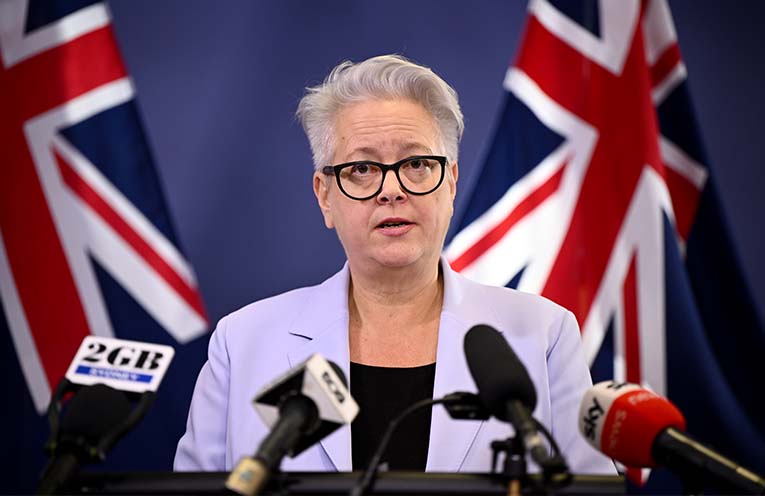
FORCING cafes and fast-food restaurants to accept reusable cups, banning helium balloons and phasing out other problematic single-use plastics have been floated for Australia’s most populous state.
The NSW government has released an action plan to plot the state’s path to cutting plastic litter by 30 percent by 2025.
Only fourteen percent of 891,000 tonnes of plastic waste NSW generated in 2022/23 was recycled.
That plastic waste figure translates to a staggering 110 kilograms (kg) per person.
Under the plan being circulated for industry and community feedback, cafes and fast-food outlets would have to accept reusable cups by the end of 2027, by which time single-use plastic cups would have to be recyclable.
Plastic pizza savers, lollipop sticks, bread tags and helium balloons are among items to be phased out, while other items such as fruit and vegetable stickers would need to be compostable.
Environment Minister Penny Sharpe said unless drastic action was taken, there would be more plastic in the ocean than fish by 2050.
“We all want a healthier environment for humans and animals, with fewer problematic plastics,” she said.
“The phase-out of certain single-use plastics in NSW in 2019 has resulted in a 77 percent reduction in the number of banned single-use plastic items found in litter, but there are still too many takeaway food containers and plastic drink bottle lids strewn across our environment.”
NSW has previously banned lightweight plastic bags, but the latest plan would lead to the state adopting Queensland’s reuse-content standards on heavyweight shopping bags.
Plastic shopping bags would also have to be stored out of sight at the point of purchase and only provided upon request.
Plastic microbeads in cleaning products and certain chemicals contained in food packaging would also be phased out by 2025 and 2027 respectively.
A consultation paper released in October 2023 attracted about 5200 responses, with 97 percent of those supporting more action to reduce plastic litter and microplastics.
By Alex MITCHELL, AAP